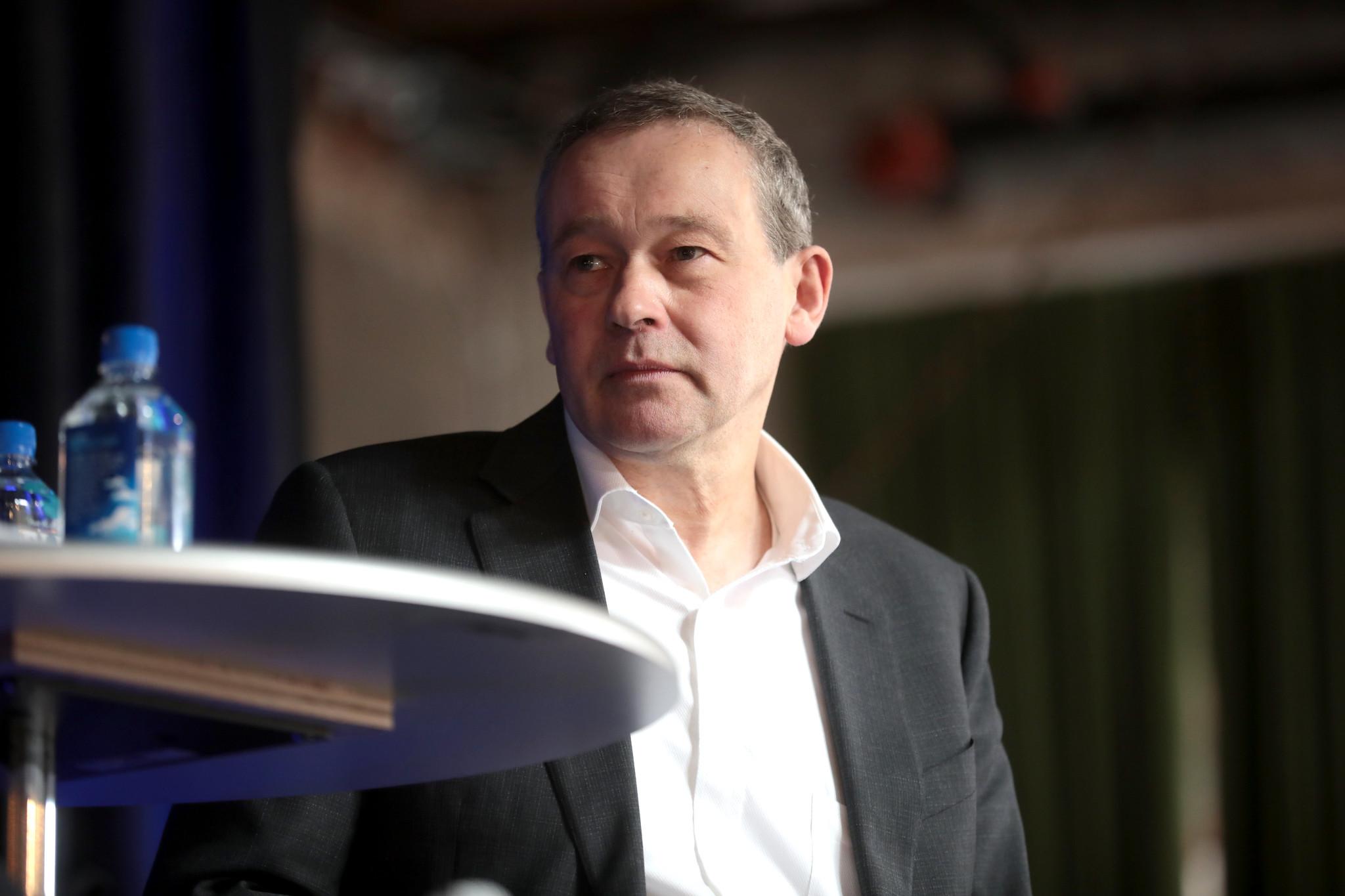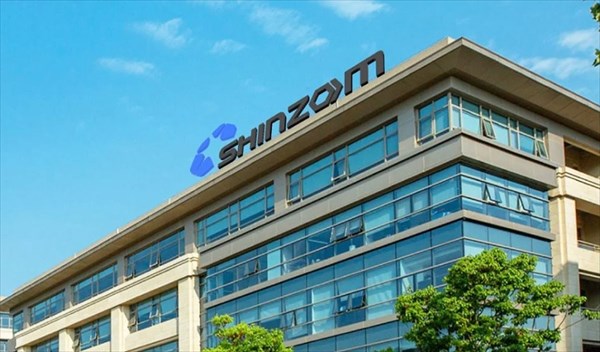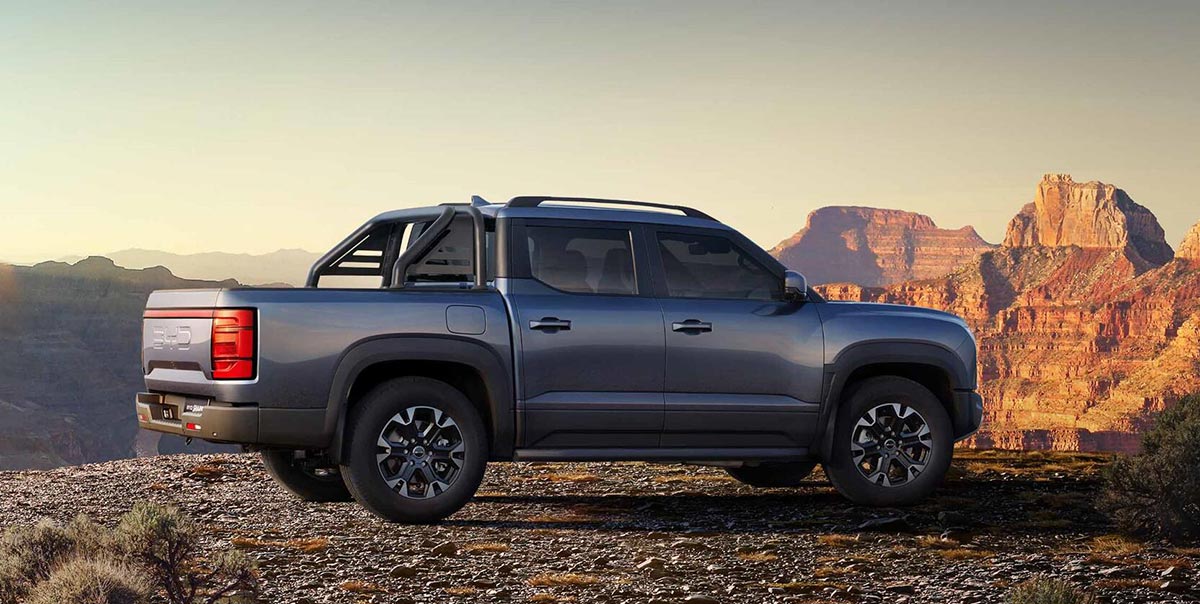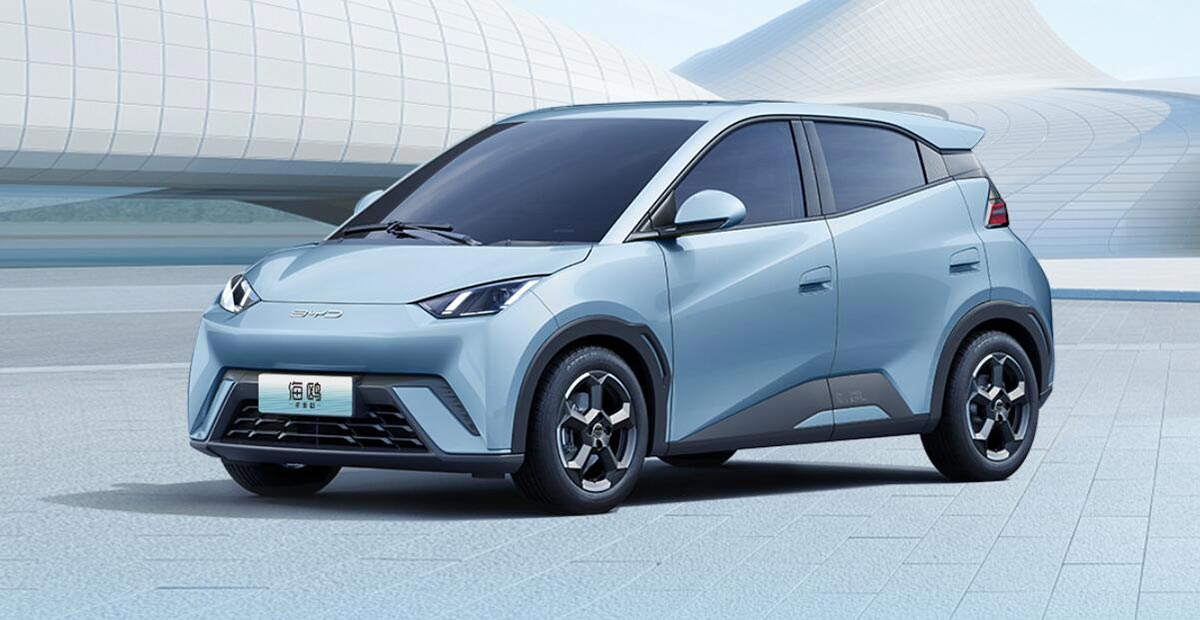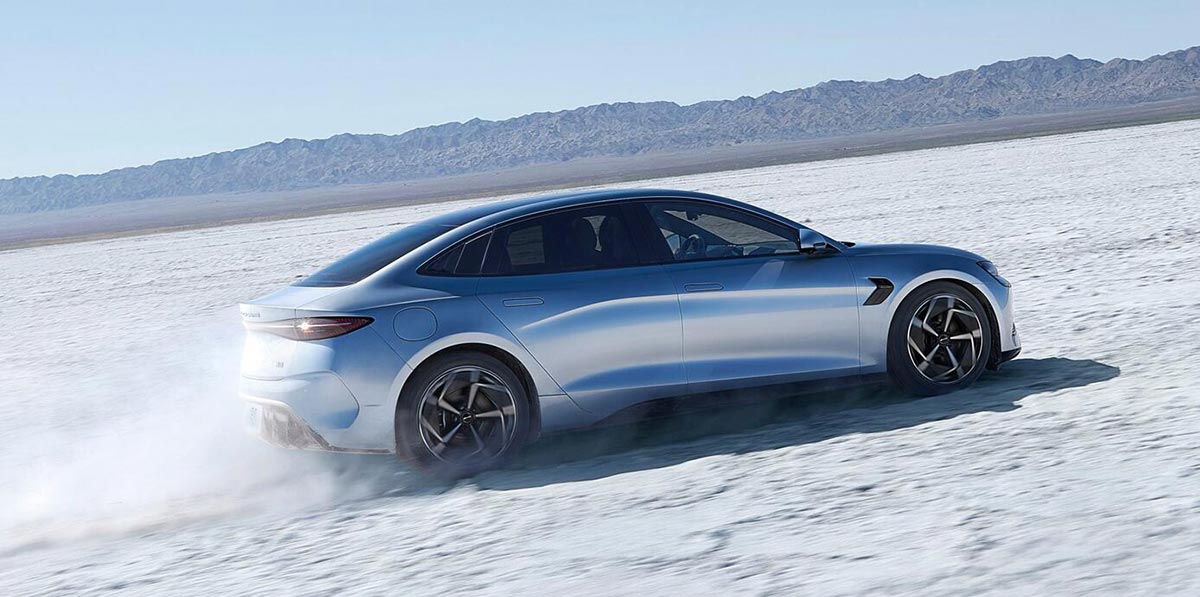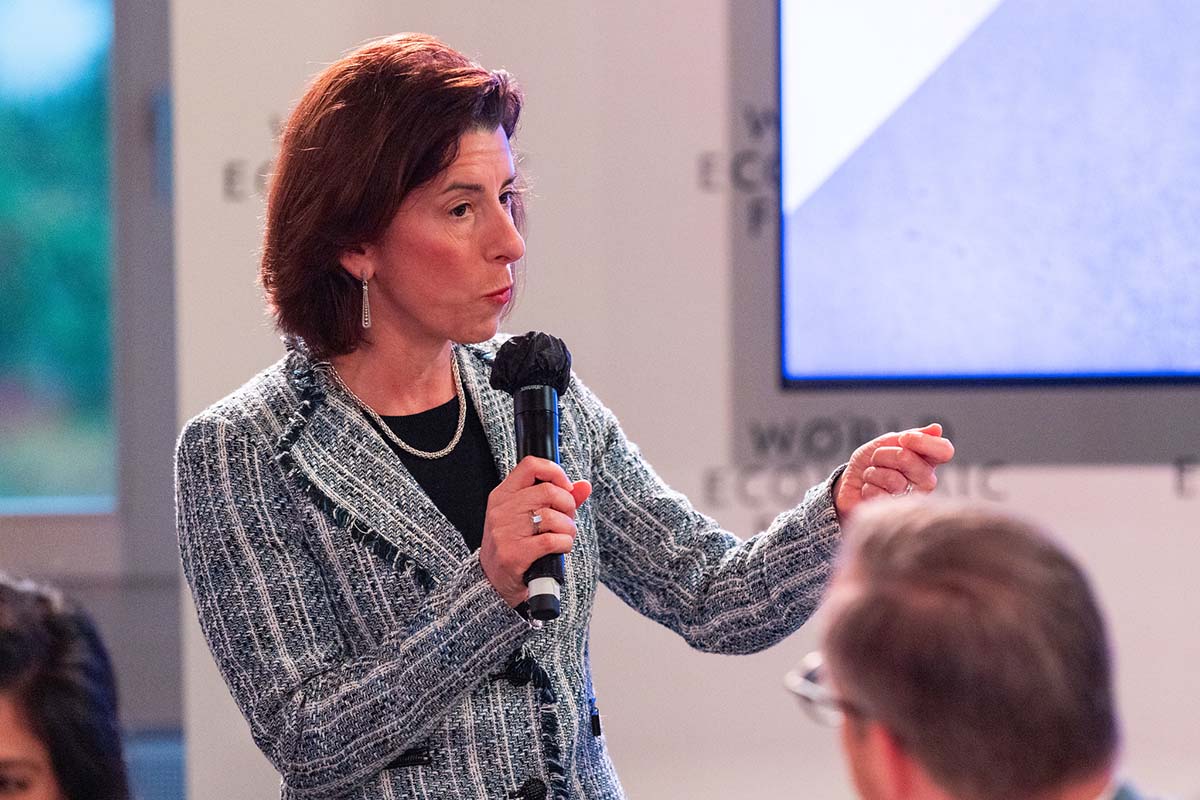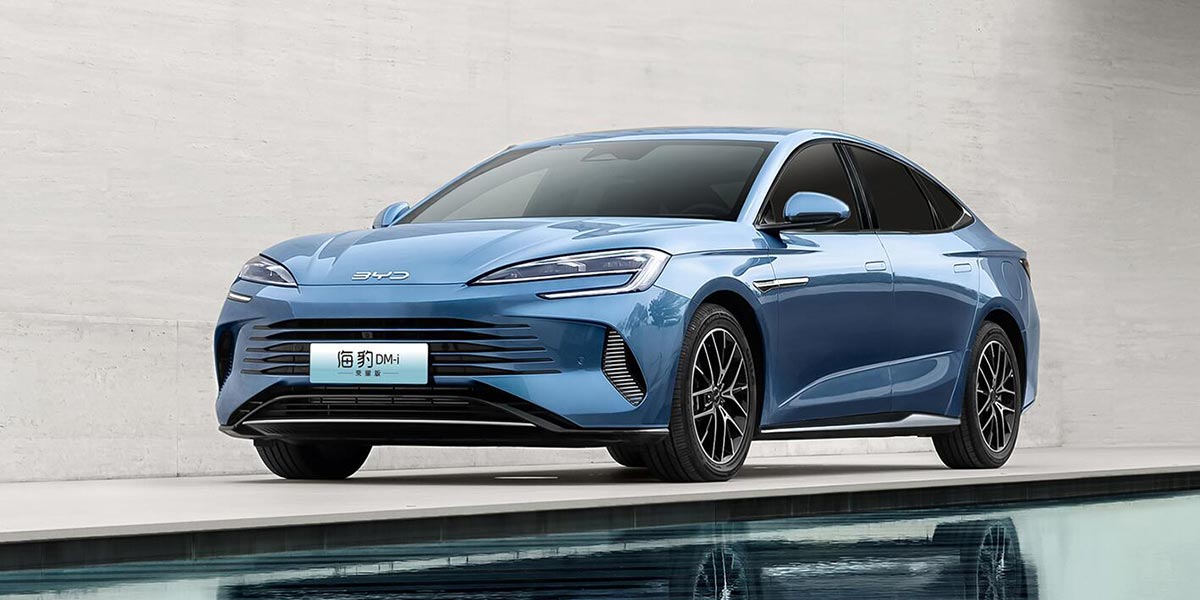At the Financial Times’ Future of the Car Summit in London, Lucid CEO Peter Rawlinson shared his perspective on the competition between Chinese electric vehicle (EV) makers and Tesla, emphasizing that while Chinese companies have made significant strides, they still lag behind Tesla in core EV technology.
Rawlinson acknowledged the remarkable progress of Chinese automakers, noting their superiority to western counterparts in terms of fit and finish quality. However, he highlighted that Chinese engineering, particularly in drive train technology and battery integration, falls short of Tesla’s standards.
“In terms of the elegance of their drive train technology, the batteries, the way things are integrated … it’s not even close,” Rawlinson remarked.
Despite the current gap, Rawlinson cautioned against underestimating Chinese automakers, suggesting that they could rapidly catch up in core EV technology. He pointed out that Western car makers must remain vigilant in the face of this potential advancement from their Chinese counterparts.
The increasing pressure on Western automakers in China is evident, with domestic manufacturers like BYD surpassing Tesla as the world’s largest EV manufacturer in the final quarter of 2023. This growth has led to a more cautious stance from Tesla CEO Elon Musk, who now acknowledges the threat posed by Chinese EVs.
Rawlinson’s comments come at a challenging time for EV startups like Lucid, which have faced subdued demand in the US market. To stay competitive, Lucid has reduced prices on its high-end Lucid Air sedan to compete with Tesla. Despite these challenges, Lucid’s financial stability, backed by the Saudi Public Investment Fund, sets it apart from some of its struggling rivals.
Lucid is also gearing up for the launch of its Gravity SUV, which boasts an impressive range of 440 miles and is expected to be priced below $80,000. This move indicates Lucid’s commitment to innovation and competitiveness in the evolving EV market landscape.

